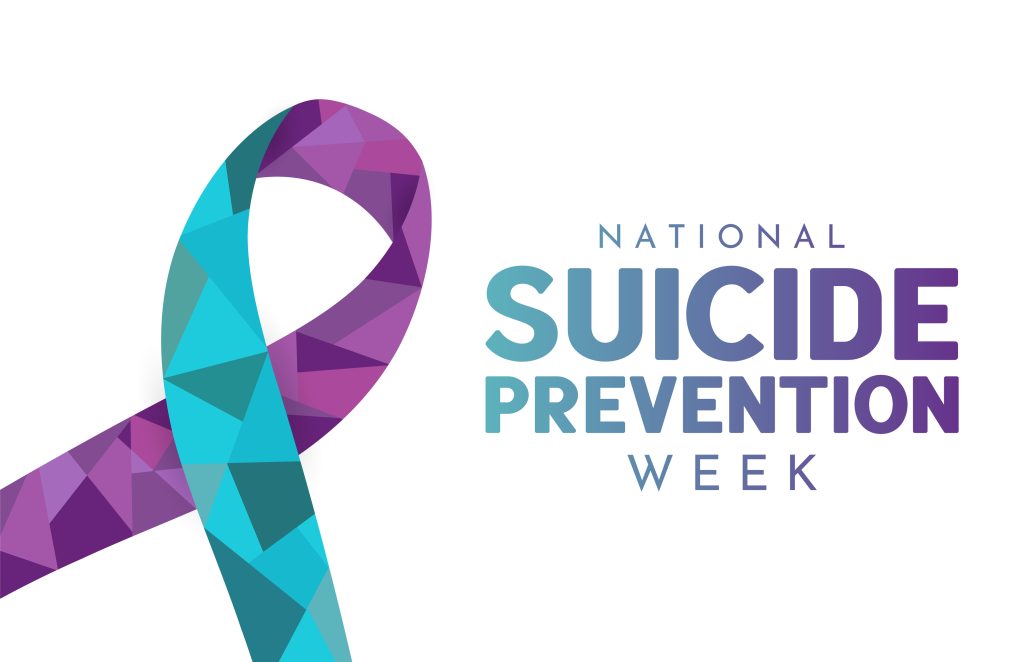National Suicide Prevention Awareness Week, observed every year in early September, shines a crucial light on a topic often shrouded in silence: suicide and its prevention. While much of the conversation centers around younger demographics, it’s essential to recognize the profound impact that chronic pain, serious illnesses, and terminal diagnoses can have on older adults and their families. At Compassus, we are dedicated to supporting those in need, providing compassionate care and vital resources to navigate these challenging times.
Understanding the Risks
Older adults experiencing chronic pain or facing serious or terminal illnesses are at an increased risk of depression and suicidal ideation. Factors contributing to this heightened risk include:
- Chronic Pain: Persistent pain can lead to feelings of hopelessness, making daily activities and enjoyment of life seem unattainable.
- Loss of Independence: Illnesses that limit mobility or cognitive function can result in a loss of independence, which can severely impact mental health.
- Social Isolation: As health declines, social connections may diminish, leading to loneliness and a sense of isolation.
- Financial Stress: Medical expenses and the inability to work can cause financial burdens, adding to emotional distress.
- Fear of Being a Burden: Many older adults worry about the strain their condition places on their loved ones, contributing to feelings of worthlessness.
Tips for Addressing Mental Health Concerns
- Open Communication: Encourage open and honest conversations about feelings and mental health. Create a safe space for expressing concerns without judgment.
- Seek Professional Help: Involve mental health professionals, such as counselors or psychologists, who specialize in geriatric care and chronic illness.
- Pain Management: Effective pain management strategies, including medications, physical therapy and alternative treatments like acupuncture, can significantly improve quality of life.
- Stay Connected: Foster social connections through regular visits, phone calls, or virtual meetings. Encourage participation in support groups or community activities.
- Promote Activities: Engage in enjoyable activities that align with the individual’s abilities and interests, providing a sense of purpose and joy.
- Plan: Discuss and document end-of-life wishes and care preferences, reducing anxiety about the future and ensuring that their desires are respected.
Support from Compassus
At Compassus, we offer a range of services designed to support the mental and emotional well-being of older adults and their families:
- Comprehensive Care Plans We tailor our care plans to address both the physical and emotional aspects of chronic pain and serious illnesses. Our team includes skilled nurses, therapists, and social workers who work collaboratively to provide holistic care.
- Counseling Services Our counselors are available to provide emotional support and coping strategies for both patients and their families. We offer individual and family counseling sessions to address mental health concerns and strengthen family bonds.
- Pain and Symptom Management Our medical team is skilled in advanced pain and symptom management techniques, ensuring that patients experience the highest possible comfort levels.
- Respite Care We understand the demands placed on caregivers and offer respite care services to give families a much-needed break, reducing caregiver stress and preventing burnout.
- Volunteer Support Our dedicated volunteers provide companionship and support, offering a friendly presence and helping to alleviate feelings of loneliness and isolation.
- Bereavement Support For families grieving the loss of a loved one, our bereavement services provide ongoing support and counseling to help navigate the difficult journey of grief.
Reaching Out for Help
If you or a loved one is struggling with suicidal thoughts or severe depression, it’s essential to seek help immediately. Contact a mental health professional, reach out to a trusted family member or friend, or call the National Suicide Prevention Lifeline at 1-800-273-TALK (8255) for immediate support.
Compassus: Your Partner in Compassionate Care
National Suicide Prevention Awareness Week reminds us of the importance of addressing the mental health needs of older adults facing chronic pain and serious illnesses. At Compassus, we are committed to providing compassionate, comprehensive care that supports both the physical and emotional well-being of our patients and their families. Together, we can make a difference, offering hope, support and understanding during life’s most challenging times.
For more information on our services and how we can support you or your loved ones, please contact Compassus today.




